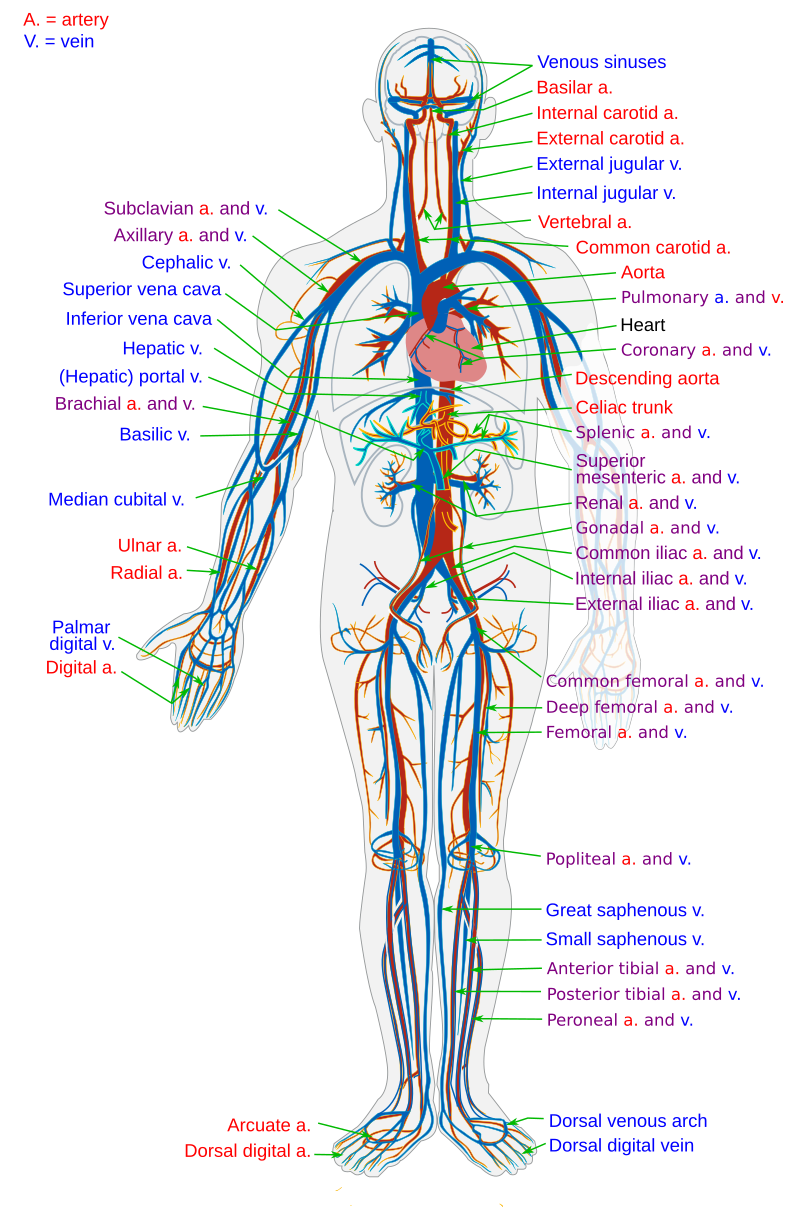Navigating Midlife Weight Gain in Women: Hormonal Changes and Solutions

### Navigating Midlife Weight Gain in Women: Hormonal Changes and Solutions
**New York City, June 10, 2025** - Women in midlife frequently experience weight gain despite maintaining consistent diet and exercise routines, a phenomenon attributed to hormonal changes during perimenopause. Dr. Beverly Tchang, an endocrinologist and associate professor of clinical medicine at Weill Cornell Medical College, reports that many patients express frustration over uncontrollable weight increases as they transition through this natural phase of life. "Perimenopause is a natural phase of a woman’s life, but because so much of it is out of our control, it’s frustrating because many women feel like they can’t fix it," she stated.
The significance of understanding weight gain during perimenopause is underscored by the fact that this demographic is experiencing profound physiological changes. Studies indicate that alterations in body composition, particularly the accumulation of fat around the waist, are common during this stage (Hurtado, 2023). According to Dr. Maria Hurtado, PhD, an endocrinologist at the Mayo Clinic, the majority of midlife women experience weight gain, with socioeconomic status and ethnicity playing critical roles in vulnerability to this issue. "Women from lower socioeconomic backgrounds and racial minorities, such as African American and Hispanic women, tend to have higher baseline body weights and may face increased risks associated with weight gain," Hurtado noted in her analysis published in the *Current Obesity Reports*.
The clinical implications of weight gain during perimenopause extend beyond aesthetics; they include heightened risks for cardiometabolic diseases, osteoarthritis, and worsening cognitive function. Thus, addressing this issue is not solely a matter of personal health but a public health concern as well.
### Addressing Weight Gain: A Multifaceted Approach
Healthcare professionals emphasize that midlife weight gain should not be viewed as a personal failure but rather as a physiological response to hormonal changes. Dr. Leslie Golden, an obesity specialist and founder of Weight In Gold, advocates for a holistic approach to treatment. "It’s rarely about doing more; often, it’s about doing things differently and supporting the body instead of fighting it," she explained.
Golden suggests assessing various lifestyle factors, including protein intake, muscle preservation through resistance training, and sleep quality. The interplay of sleep and stress is particularly noteworthy; chronic sleep deprivation and elevated stress levels can exacerbate weight retention by disturbing hunger and satiety signals, as well as increasing cortisol levels, which promote fat storage. A study indicates that nearly 52% of postmenopausal women suffer from sleep disorders, highlighting the critical need for clinicians to address this aspect of health (Golden, 2025).
### Hormonal and Behavioral Interventions
Dr. Hurtado recommends preventative measures for women with a normal or overweight BMI, ideally initiated in their 30s. These interventions should focus on four main pillars: 1. Adjusting caloric intake while emphasizing a diet rich in fruits, vegetables, and lean proteins. 2. Promoting regular exercise to counteract age-related loss of lean muscle mass. 3. Addressing menopausal symptoms, including sleep disturbances and vasomotor symptoms. 4. Providing mental health support and stress management resources.
As many patients struggle with metabolic adaptations that hinder weight loss, Hurtado advocates for second-line therapies, such as obesity medications or bariatric surgery, within a personalized care framework that prioritizes patient preferences and health outcomes.
### Looking Ahead: The Importance of Open Dialogue
The necessity for open conversations about weight gain during perimenopause is paramount. Dr. Tchang calls for greater awareness among healthcare providers to facilitate effective interventions. "We need to have more open conversations about what women are experiencing during this time and to be open to intervening on it to improve that quality of life," she emphasized.
As societal pressures and personal responsibilities converge in midlife, women are encouraged to reassess their health priorities. Golden advises adopting self-care practices that acknowledge the importance of rest and recovery, stating, "You’re on the list of people you take care of. Giving yourself permission to rest; those aren’t indulgences. They’re essential parts of healing and sustainable change."
In conclusion, addressing weight gain in midlife women requires a nuanced understanding of the hormonal, behavioral, and social factors at play. As research continues to evolve, both healthcare providers and patients must engage in informed discussions to navigate this critical life stage effectively.
### References - Golden, L. (2025). Personal communication with Medscape Medical News. - Hurtado, M. (2023). *Current Obesity Reports*. - Tchang, B. (2025). Personal communication with Medscape Medical News.
Advertisement
Tags
Advertisement





